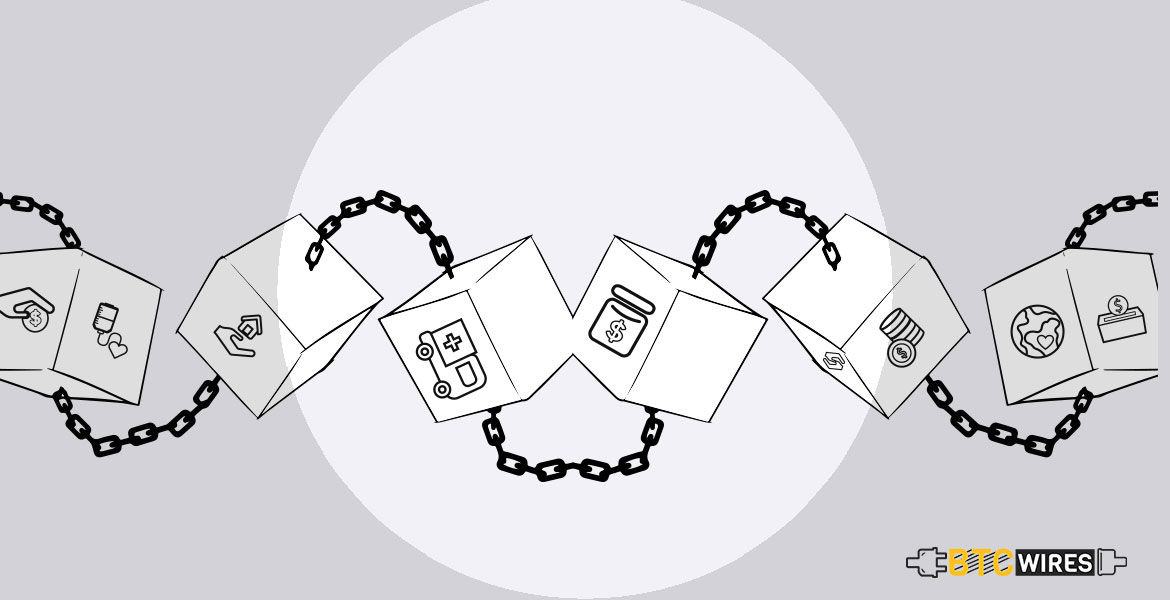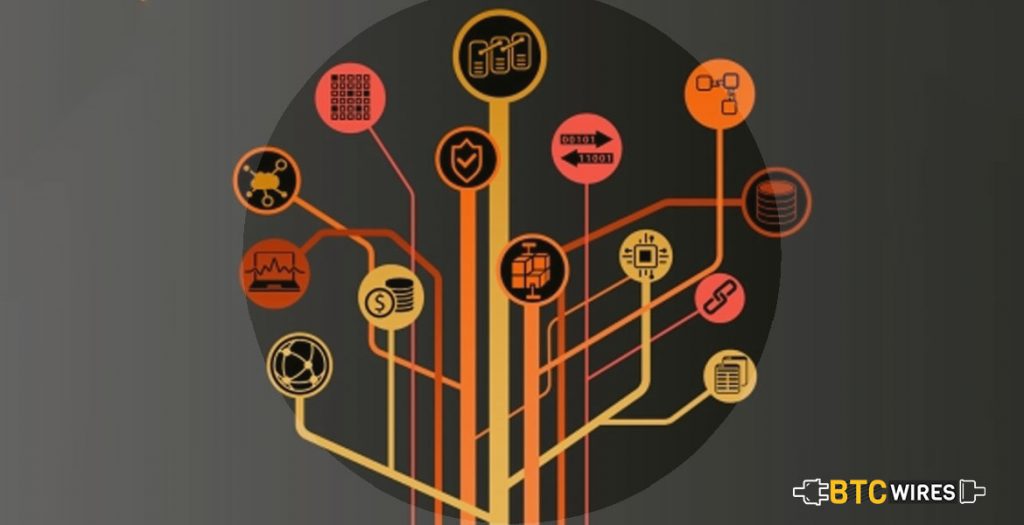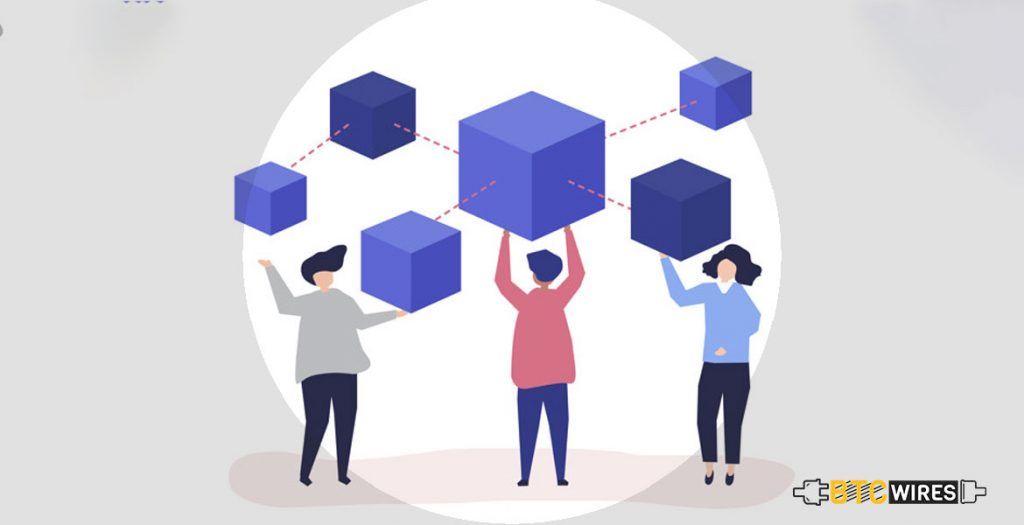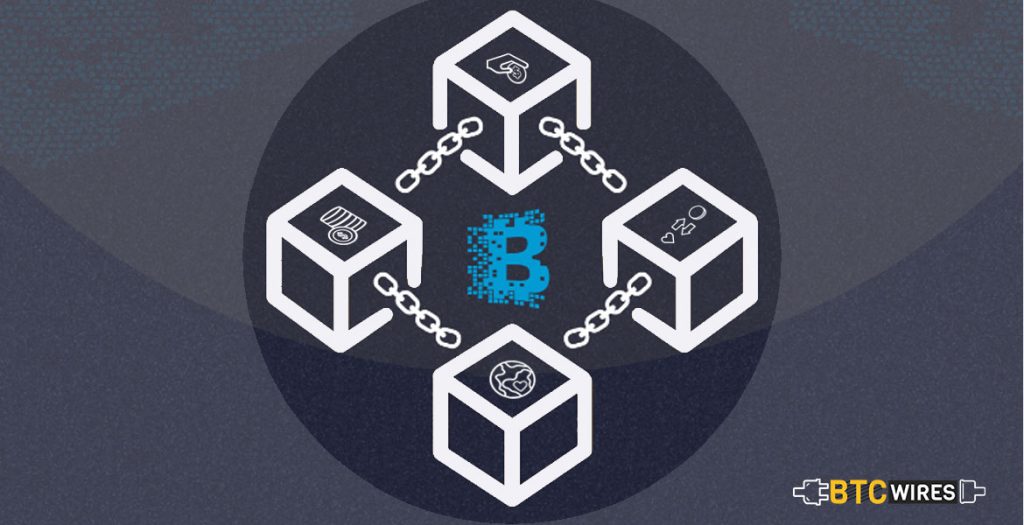As time and technology get advanced, developing businesses demand the

As time and technology get advanced, developing businesses demand the need to get progressive changes in all aspects of their businesses. With regards to the field of health care, the urgency of development also increases. Quality healthcare services backed up with latest technology is the requirement for today. In addition, the healthcare landscape is moving towards a more patient-centric approach that centers around two major elements, to be specific- affordable treatment and adept healthcare services.
Our Current Healthcare System

In the healthcare sector, critical patient information and data stays scattered across various departments as well as systems. Because of this, critical data isn’t accessible in times of need. The current healthcare system can’t be viewed as complete since multiple players in the system don’t have a proper system in place for smooth processing. Besides, it’s also named as insufficient for taking care of the trading of the data, and needs certain changes.
The misuse of the available data is keeping healthcare associations from conveying proper patient care and high-quality administrations for better wellbeing. In spite of being genuinely productive in terms of economy, these associations are not ready to satisfy the patient’s requirements.
Numerous healthcare facilities today are till now reliant on outdated systems for keeping the patient records. These systems hold the usefulness of keeping neighbourhood records of the patient information. This can make it troublesome for the doctor to diagnose, which proves to be not just time-consuming for the doctor but also tedious for the patients. Because of this, the cost of keeping up a patient-oriented business is considerably increased.
Issues prevailing in the present healthcare system are not limited. They continue to grow with high-force with time. The requirement for a technically advanced framework is certain. Consider the problem of drug counterfeiting which prompts misfortunes of around $200 million. It could be decreased dramatically if a system with precise tracking features is instituted in the supply chain.
Another tedious process that outcomes in high costs in the healthcare industry is Health Information Exchange. Since patients don’t have any command over their data, the chances of financial data crimes, identity thefts, and spamming are increasing with each passing day.
Regardless of having devices like PCs and cell phones at every healthcare facility nowadays, we are still unable to collect, secure, analyze and exchange data seamlessly. In this way, the healthcare system today not just needs an advanced system, but also needs a system that is easily operable, economically efficient, smooth and transparent.
Blockchain – The Solution

Blockchain is a standout amongst the most disruptive technologies that have taken the world by storm. A blockchain is a distributed ledger that monitors exchanges and activities taking place throughout the network. The most novel factor of blockchain is that once a snippet of data is added to the distributed ledger, nobody can modify it. The data stored on blockchain system is highly secured. In order for anyone to roll out a change in one block, it is obligatory to roll out the changes to all the blocks after it.
The working of a blockchain relies on three noteworthy principles that have existed for long. Compiled working of these standards allows blockchain to give highly safe and secured digital connections.
- Private Key Cryptography
In this factor, a secret key is utilized as a variable alongside a calculation to encrypt and decrypt the code. The key is kept secret even when the calculation is not. In blockchain, a reference of the safe digital identity is made, however, the exchanges are on the open network.
- Distributed Ledgers
Also known as shared ledger, a distributed ledger is referred to as an accord of shared records. In DLT, the record is updated continuously in real time and no central authority is considered responsible to keep up the record. Rather, network members keep the record updated. Any changes made in the records are reflected within split seconds.
- Authentication
Authentication is a procedure that demonstrates validity. In Blockchain, every transaction is authenticated before getting added to the chain. This procedure happens through mathematical calculations that validate as well as verify all the exchanges. Once the data is encrypted, and digitally signed and stored, the authenticity is sealed.
Technology innovators, healthcare firms as well as the members of overall healthcare sector are paying special attention to the approach to discover what’s conceivable in the current times and what blockchain could improve to make healthcare more affordable in the future.
Blockchain Remedy for Healthcare Issues
Blockchain has the ability to draw out a colossal achievement in the healthcare system, as it can potentially bring particular changes in the healthcare management of the patient. With the help of this technology, the power will return in people’s hands. Implying that people will be in charge of taking care of their own records, hence gaining the overall control of their own data.
The technology has the power to effectively improve the quality of patient care while maintaining the assets at a sensible rate. All the challenges which occur in numerous level authentication can be wiped out through blockchain technology. With the increasing adoption rate, Blockchain has advanced toward the healthcare sector. Indeed, even in its beginning stage, the technology is widely being accepted by individuals in the healthcare ecosystem.
According to a study led by IBM, around 16% of healthcare officials are determined about their plans to execute blockchain solution in their work this year, while around 56% are expected to adopt this technology by the year 2020.
The complete vision for blockchain to disrupt the healthcare sector in the coming times is to resolve issues that afflict the current healthcare system. Envision a healthcare system where all the data is easily accessible by the doctors, patients as well as pharmacists at any random time. Blockchain allows not just the creation but also the sharing of a single common database of health information.
This system would be accessible by all the members associated with the process, regardless of which electronic medical system they utilize. This offers higher security and transparency while allowing doctors to get some more time to spend on patient care as well as their treatment. In addition, it will empower better sharing of the statistics of researches which, thus, would encourage clinical preliminaries and treatment therapies for rare diseases.
In a healthcare system, smooth information sharing among the healthcare solution providers can prompt precision in diagnosis, cost-effective ecosystem, and effective treatments. The everyday development of patient information requires appropriate usage of the resources for making the best use of the insights found through it.
Blockchain for healthcare allows various entities of healthcare system to stay in a proper sync and share the information on a commonly distributed ledger. With such a system, the members can share and monitor their information and other activities occurring in the system without paying special attention to extra alternatives for integrity and security.
Blockchain Applications for Healthcare

After exploring the significance of blockchain technology in healthcare sector along with the vast changes it could bring, here are some use cases which utilize the potential of this technology and has the power to make the healthcare industry more accessible, reliable and secured.
- Population Health Data
- Secure Healthcare Setups
- Patient Payments Through Cryptocurrencies
- Drug Traceability
- Clinical Trials & Data Security
- Patient Data Management
Conclusion!
The potential of blockchain for healthcare system completely relies on the adoption of the new technology within the ecosystem for creating technical infrastructure. Although there are some concerns and speculations about Blockchain’s integration with the current healthcare systems as well as its cultural acceptance, the technology is yet quite popular in the healthcare sector.
Indeed, the blockchain technology has taken the healthcare industry by storm over the last couple of years, and many solutions are being made to adopt it. With a number of potential use cases, blockchain is bound to disrupt the healthcare landscape for good.

